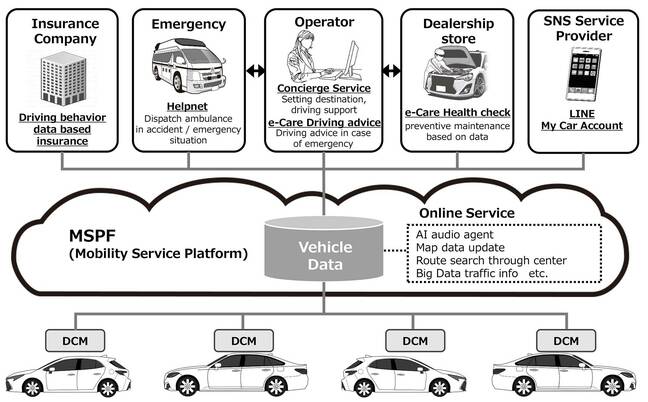Zoombombers today disrupted a court hearing involving the Florida teen accused of masterminding a takeover of high-profile Twitter accounts, forcing the judge to stop the hearing. “During the hearing, the judge and attorneys were interrupted several times with people shouting racial slurs, playing music, and showing pornographic images,” ABC Action News in Tampa Bay wrote. A Pornhub video forced the judge to temporarily shut down the hearing.
The Zoombombing occurred today when the Thirteenth Judicial Circuit Court of Florida in Tampa held a bail hearing for Graham Clark, who previously pleaded not guilty and is reportedly being held on $725,000 bail. Clark faces 30 felony charges related to the July 15 Twitter attack in which accounts of famous people like Elon Musk, Bill Gates, Jeff Bezos, and Joe Biden were hijacked and used to push cryptocurrency scams. Hackers also accessed direct messages for 36 high-profile account holders.
Today, Judge Christopher Nash ruled against a request to lower Clark’s bail amount. But before that, the judge “shut down the hearing for a short time” when arguments were interrupted by “pornography… foul language and rap music,” Fox 13 reporter Gloria Gomez wrote on Twitter.
“I’m removing people as quickly as I can whenever a disruption happens,” Nash said after one Zoombomber interrupted a lawyer. A not-safe-for-work portion of the hearing was posted by a Twitter user here. The first 47 seconds are safe to watch and include Nash’s comment about removing Zoombombers, but the rest of the video includes the Pornhub clip that caused Nash to shut down the hearing.
There were still problems after the hearing resumed, the Tampa Bay Times wrote:
Hoping a brief pause would filter out the interrupters, Nash reopened the meeting. But users who disguised their names as CNN and BBC News resumed their interruptions.
Nash was ultimately able to rule, declining to lower the bail amount. He did, however, remove a requirement that Clark prove the legitimacy of his assets. Lawyers have said he has $3 million in Bitcoin under his control.
“Predictably, the Zoom hearing for the 17-year-old alleged Twitter hacker in Fla. was bombed multiple times, with the final bombing of a pornhub clip ending the zoom portion of the proceedings,” security reporter Brian Krebs wrote on Twitter. “How the judge in charge of the proceeding didn’t think to enable settings that would prevent people from taking over the screen is beyond me. My guess is he didn’t know he could.”
Nash said that he’ll require a password next time, according to WFLA reporter Ryan Hughes.
Source: Zoombomber crashes court hearing on Twitter hack with Pornhub video | Ars Technica

